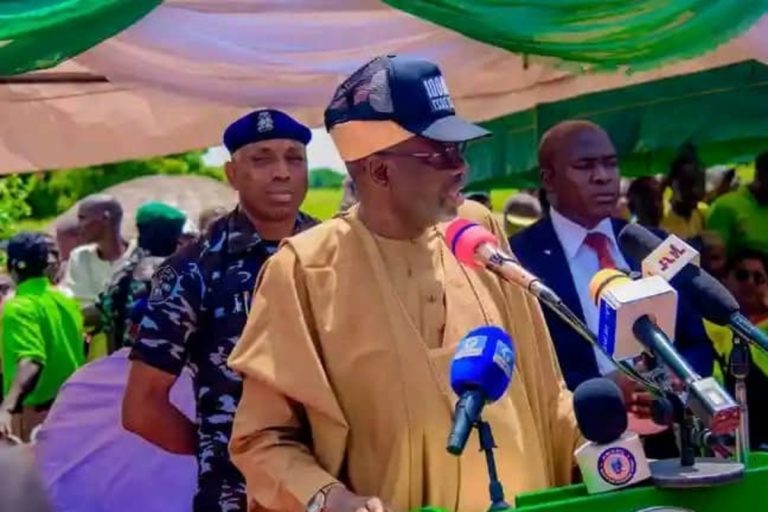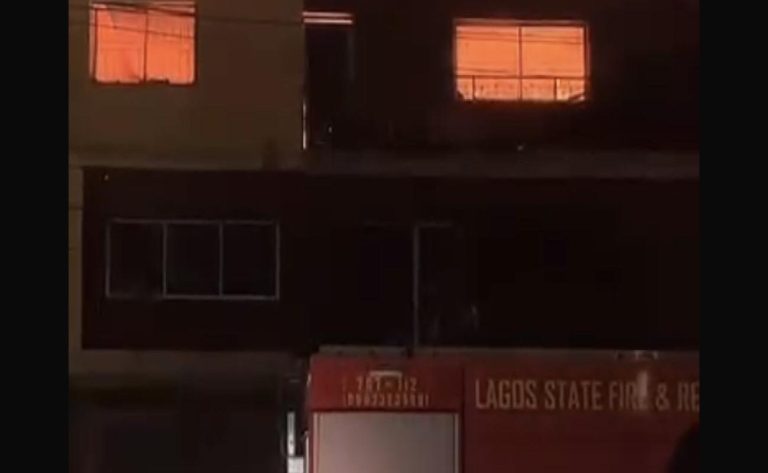
President Tinubu prepares to address Nigerians amid growing domestic unrest and global scrutiny over democracy
ABUJA, NIGERIA (Epicstorian News) – Nigeria’s President Bola Ahmed Tinubu is expected to deliver a nationwide broadcast at 7 a.m. local time on Thursday, June 12, marking the country’s 2025 Democracy Day.
The address comes at a time of increasing scrutiny over governance standards, economic hardship, and democratic resilience in Africa’s largest democracy.
The annual celebration commemorates 26 years of uninterrupted civilian rule in Nigeria since the military handed over power in 1999.
However, this year’s observance is set against a backdrop of growing domestic criticism and regional concern about the direction of Nigeria’s democratic progress.
The Inter-Ministerial Committee on Democracy Day, represented by Abdulhakeem Adeoye, confirmed that the President’s address will precede a joint session of the National Assembly at noon, followed by a high-level public lecture at the State House Conference Centre in Abuja at 4 p.m.
Themed “Consolidating on the Gains of Nigeria’s Democracy: Necessity of Enduring Reforms,” the lecture is expected to attract key government officials, civil society actors, and international observers.
Notably, the traditional military parade—a staple of Democracy Day commemorations—has been cancelled this year, without official explanation, raising further questions about transparency and planning around national events.
Democracy Day Nationwide broadcast Symbolizes Date with a Controversial Legacy
Democracy Day was originally observed on May 29, the date of Nigeria’s 1999 return to civilian governance.
However, it was moved to June 12 in 2018 to honor the annulled 1993 presidential election widely considered the most credible in Nigeria’s history.
That vote was believed to have been won by Moshood Kashimawo Olawale (MKO) Abiola, who died in custody five years later. The shift was intended to correct historical injustices and recognize the sacrifices made in Nigeria’s democratic struggle.
Tinubu, a key figure in the 1993 pro-democracy movement and a former governor of Lagos State, has drawn political capital from his role in Nigeria’s democratic restoration. Yet, recent criticisms suggest a growing gap between historical ideals and current realities.
Governance Under Scrutiny
President Tinubu assumed office in 2023 amid promises of economic reforms, anti-corruption efforts, and security improvements. However, his administration faces mounting challenges—from inflation and unemployment to insurgent violence and public trust erosion.
Dele Momodu, a prominent publisher and opposition figure from the Peoples Democratic Party (PDP), recently warned of democratic backsliding during a live television appearance on Channels TV. “Nigerians are hungry… We’ve damaged this democracy, and I hope we’ve not damaged it beyond repair,” he said, lamenting the widening gap between citizens and political elites.
These remarks echo concerns from civil society groups and international observers who point to Nigeria’s declining scores in global democracy indexes and press freedom rankings.
Global Implications
As the most populous country in Africa and a major oil producer, Nigeria’s stability and democratic health carry regional and global significance.
Western governments, particularly the United States and the United Kingdom, have long positioned Nigeria as a strategic partner in areas ranging from counterterrorism to trade and democratic promotion across the continent.
President Tinubu’s address on Thursday is therefore likely to be watched not only by Nigerians but also by diplomats, investors, and regional leaders assessing the credibility and direction of Africa’s largest economy.
A Test for Democratic Resolve
As Nigeria reflects on more than two decades of elected governance, the absence of a parade and the tone of Tinubu’s national address may offer subtle but powerful signals of where the country’s democracy is headed.
Also Read: Tinubu to Address Nigerians in 2025 Democracy Day Broadcast
With widespread expectations for bold reforms and calls for greater inclusion and transparency, the president’s message will be closely analyzed for both policy content and symbolic gestures.
The world will be listening—not just for what Tinubu says, but for what it implies about the future of Nigerian democracy.

